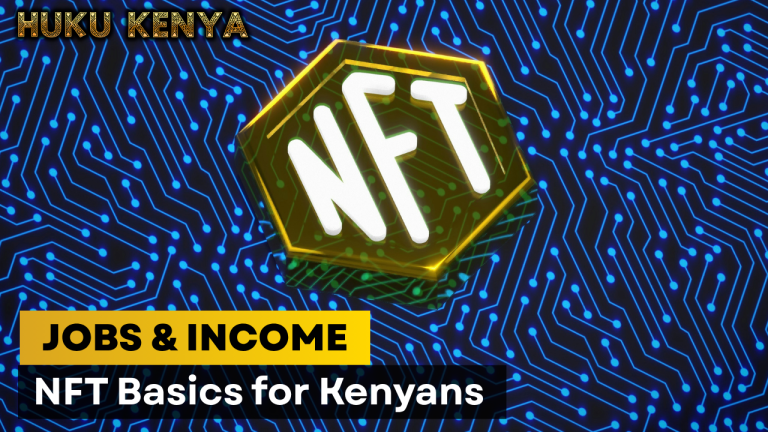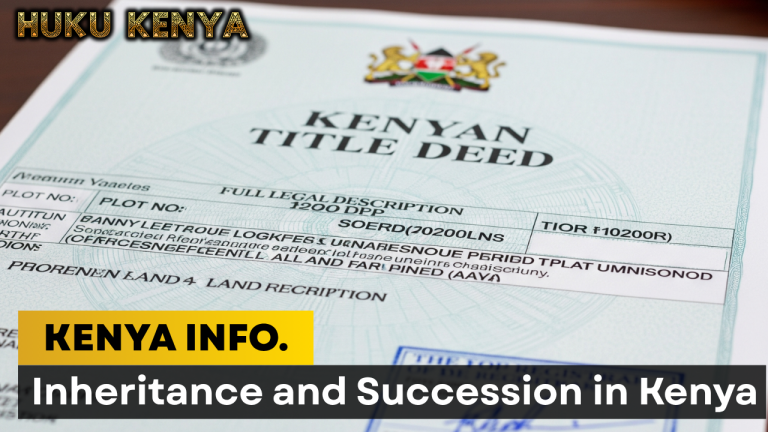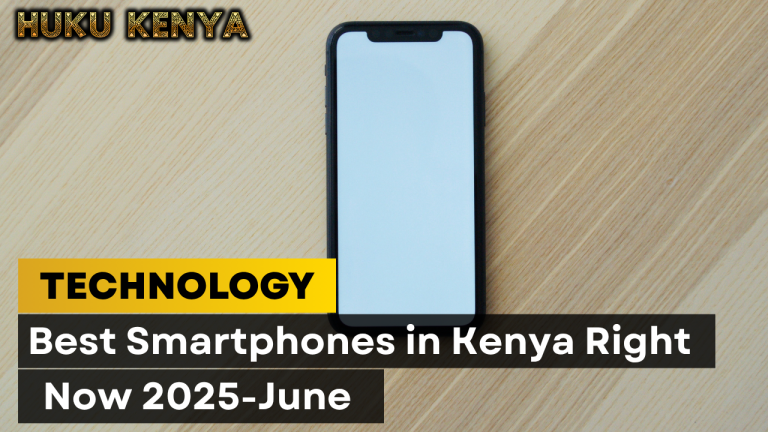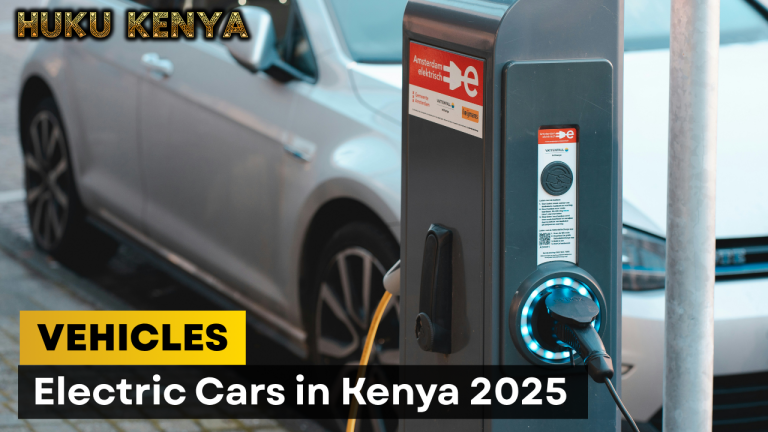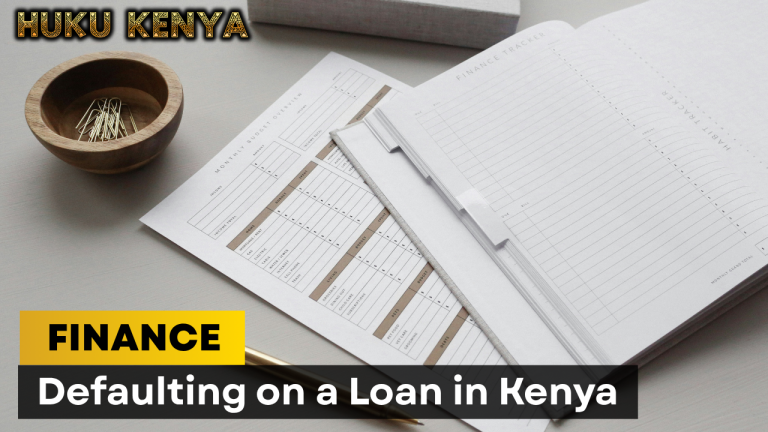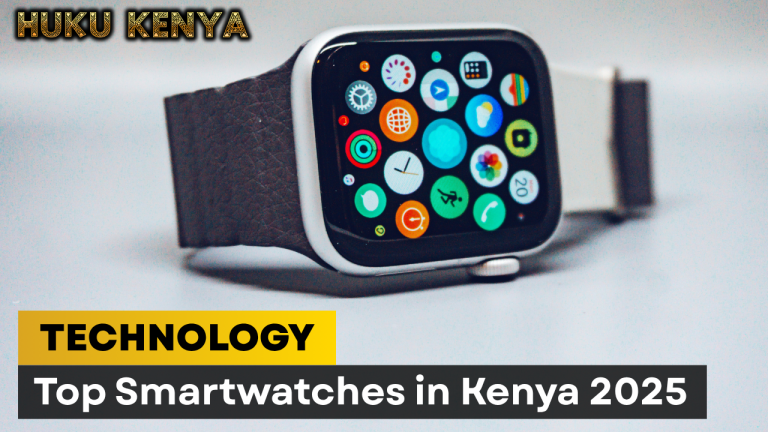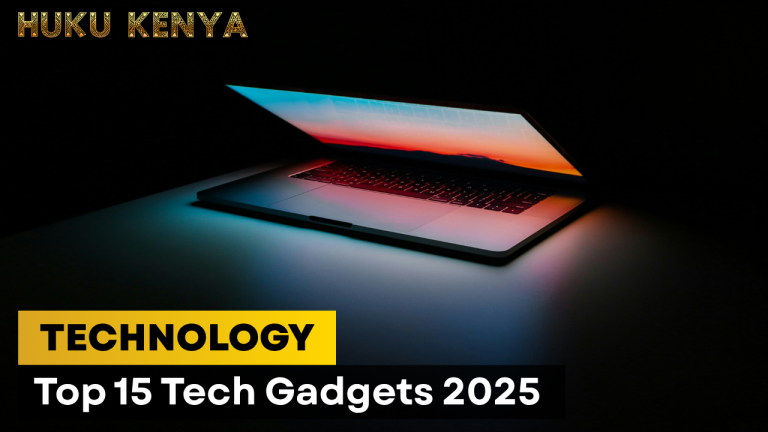
A Simple 2025 Filing Guide
A step-by-step walkthrough of the Digital Asset Tax, what to report, and how to stay compliant with KRA
1. Understand the Digital Asset Tax (DAT)
Kenya introduced the Digital Asset Tax (DAT) in 2023, and it was revised in 2025 under the Finance Act.
Key facts:
- Rate: 1.5% of the gross transaction value (reduced from 3%)
- Applies to: Crypto, NFTs, token swaps, and digital asset transfers
- Collected by: Platforms (if licensed) or self-declared by users
- Remitted to: Kenya Revenue Authority (KRA) within 5 working days
This tax applies regardless of profit or loss—it’s based on the value of the transaction, not your gains.
2. Know If You’re Required to File
You must declare crypto activity if you:
- Buy or sell crypto for profit
- Receive crypto as payment for goods or services
- Swap one token for another (e.g. BTC to ETH)
- Sell NFTs or digital collectibles
- Transfer crypto between wallets (technically taxable, though enforcement is unclear)
Holding crypto alone is not taxable—only transactions trigger DAT.
3. What to Report to KRA
You’ll need to declare:
- Date of transaction
- Type of asset (e.g. BTC, USDT, NFT)
- Transaction value in KES (use CBK exchange rate on that day)
- Platform used (e.g. Binance, Yellow Card, MetaMask)
- Wallet addresses (optional but recommended for audit trail)
If you’re a business or freelancer, crypto income must also be included in your annual income tax return.
4. How to File and Pay the Tax
a) If You Use a Licensed Platform
- The platform deducts the 1.5% DAT at the time of transaction
- It remits the tax to KRA on your behalf
- You should still keep records and confirm remittance
b) If You Use a Self-Custody Wallet (e.g. Trust Wallet, MetaMask)
- You are responsible for calculating and paying DAT
- Convert the crypto value to KES using CBK’s daily rate
- Pay via iTax using your KRA PIN
- File a digital asset tax return within 5 working days
5. Tools to Help You Stay Compliant
- ClearTax Kenya – Crypto tax prep and filing support
- CoinTracker or Koinly – Track transactions and generate tax reports
- CBK Exchange Rate Portal – For daily crypto-to-KES conversion
- KRA iTax Portal – For filing and remitting taxes
6. What If You Don’t Declare?
- Penalties under the Tax Procedures Act
- Interest on unpaid tax
- Platform blacklisting or access blocks (via Communication Authority)
- Reputational damage if you’re a business or public figure
Final Word
Crypto is no longer a tax-free zone in Kenya. Whether you’re trading, earning, or building, the Digital Asset Tax is here—and compliance is your responsibility. The good news? With the 2025 rate cut and growing clarity, it’s now easier to stay on the right side of the law.


